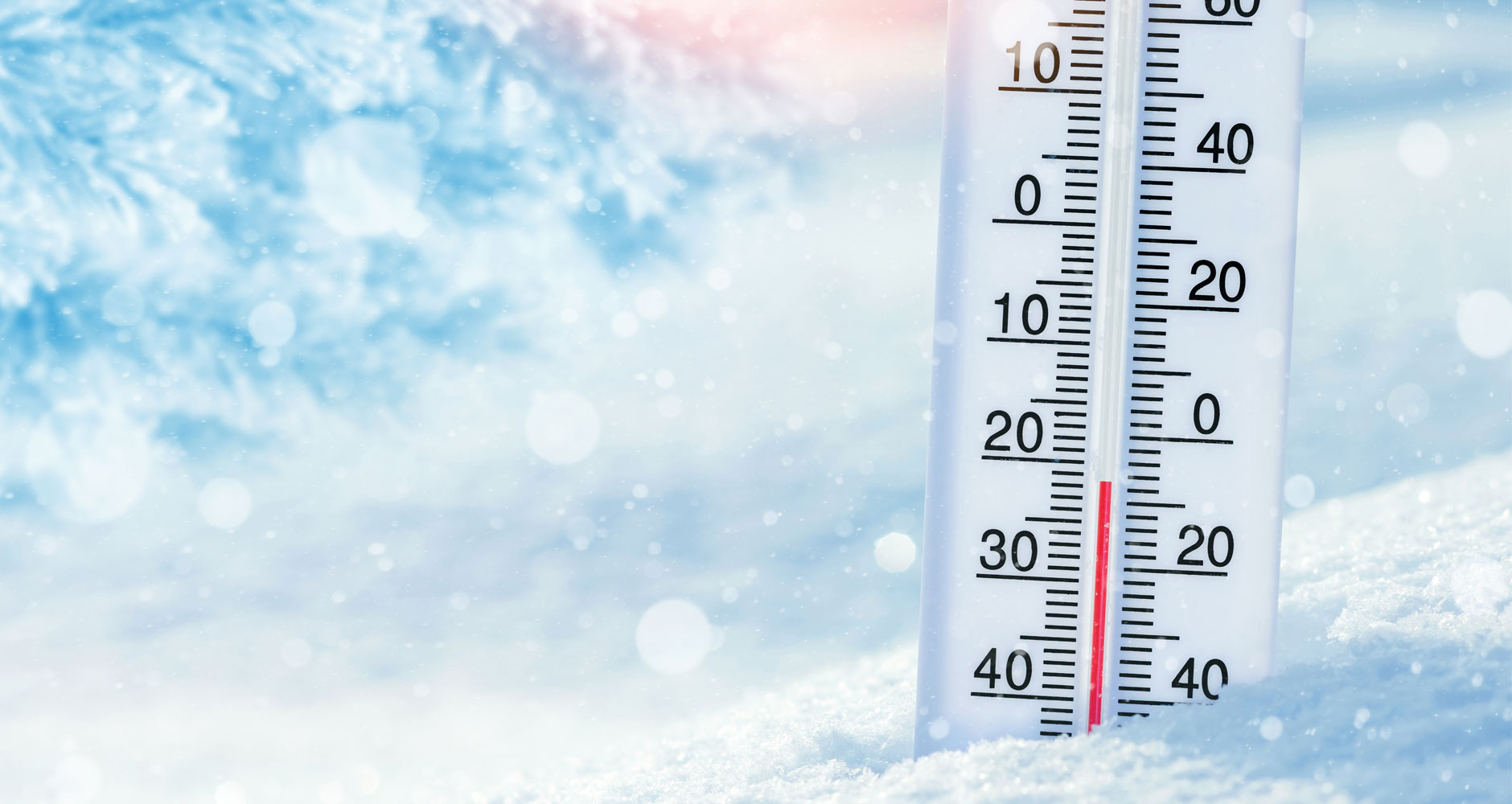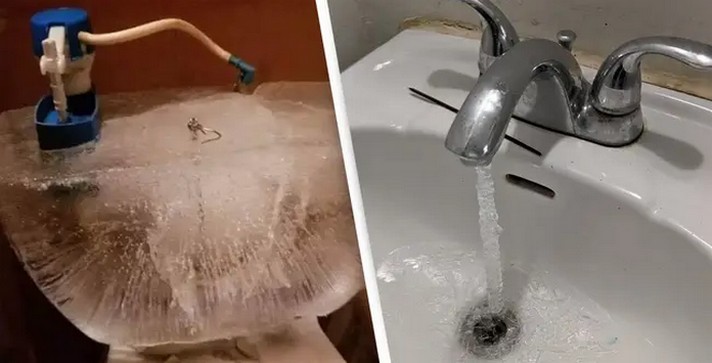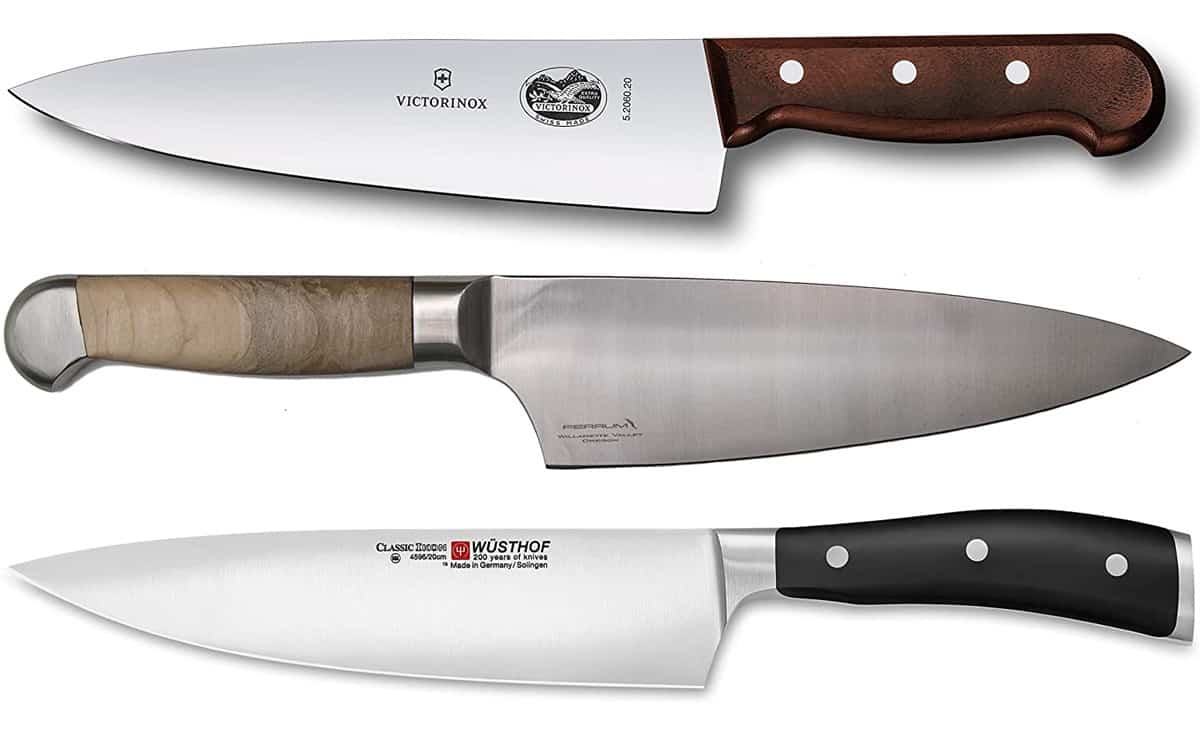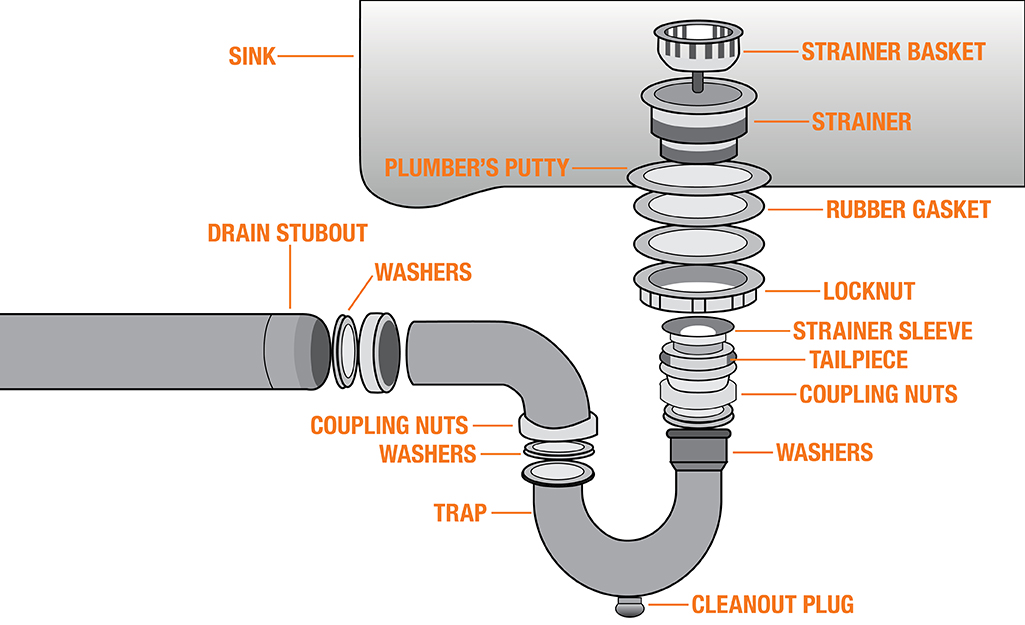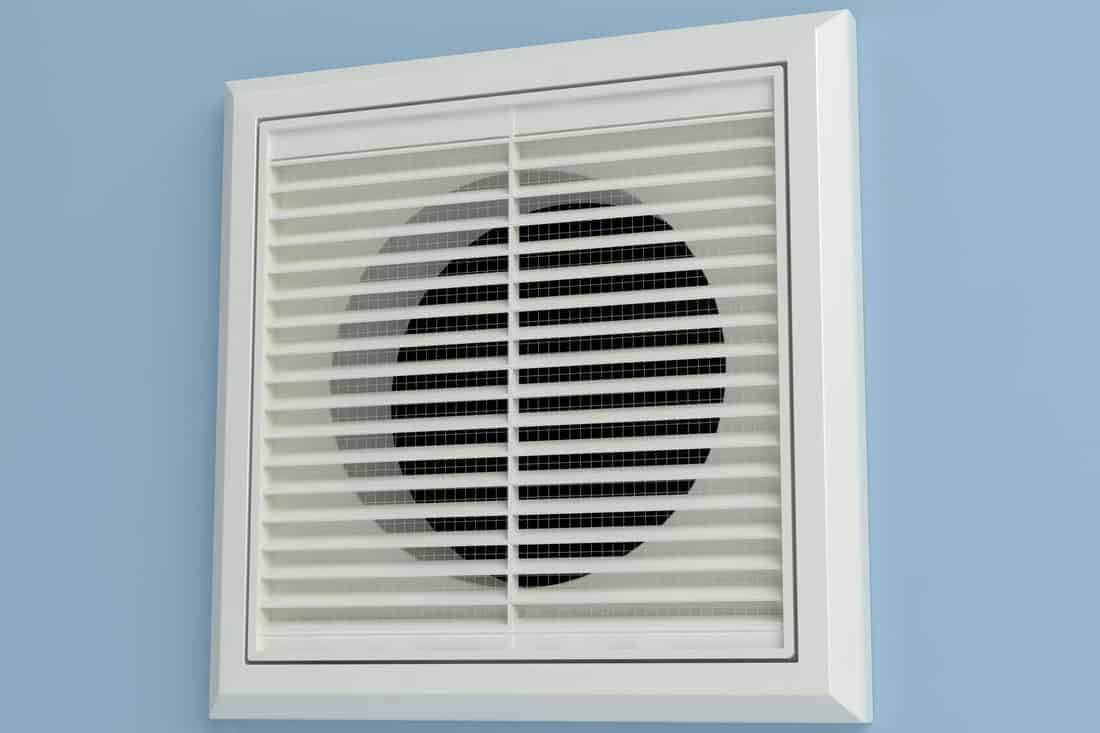Winter can bring a lot of challenges to your home, especially when it comes to plumbing. One of the most common issues homeowners face during the colder months is a kitchen sink that won't drain. This can be frustrating and inconvenient, but with the right knowledge and preparation, you can prevent this problem from occurring. Here are ten tips on how to keep your kitchen sink from freezing in winter.How to Keep Your Kitchen Sink from Freezing in Winter
Dealing with a clogged kitchen sink in the winter can be a real hassle. The cold temperatures can cause the pipes to freeze, making it difficult for water to pass through. If you find yourself with a clogged sink, there are a few things you can try to fix the issue. One option is to use a plunger to try and unclog the drain. You can also try pouring hot water down the drain to help melt any ice that may be causing the blockage.How to Fix a Clogged Kitchen Sink in Winter
Frozen pipes are a common problem during the winter, and they can be particularly troublesome when it comes to your kitchen sink. When the temperatures drop, the water in your pipes can freeze, causing them to expand and potentially burst. To prevent this from happening, make sure to insulate your pipes properly. You can use foam pipe insulation or even wrap them in towels or blankets to keep them warm.Preventing Frozen Pipes in Your Kitchen Sink
There are a few reasons why your kitchen sink may not be draining properly in the winter. One common cause is a clog in the pipes due to a buildup of grease, food particles, or even ice. Another reason could be a frozen drain trap, which is the U-shaped pipe under your sink that is designed to prevent sewer gases from entering your home. If this pipe freezes, it can block water from passing through and cause your sink to not drain.Why Your Kitchen Sink is Not Draining in Winter
If you suspect that a frozen pipe is causing your kitchen sink to not drain, there are a few steps you can take to thaw it out. First, you can try using a hairdryer to warm up the pipes and melt any ice that may be blocking the flow of water. You can also use a heat lamp or space heater to help warm up the area. Just make sure to never use an open flame to thaw your pipes, as this can be extremely dangerous.How to Thaw a Frozen Kitchen Sink Drain
One of the best ways to prevent your kitchen sink from freezing in the winter is to be proactive and take some preventative measures. Make sure to keep your home at a consistent temperature to prevent the pipes from freezing. You can also leave your cabinet doors open to allow warm air to circulate around the pipes. Additionally, don't pour fats, oils, or grease down your drain, as they can solidify and cause clogs.Winter Plumbing Tips: How to Keep Your Kitchen Sink Draining
A clogged kitchen sink can be a real headache, especially when it happens during the winter. There are a few common causes of clogs in the kitchen sink, including pouring grease or food particles down the drain, not using a drain strainer to catch debris, and having an old or damaged drain line. To prevent clogs, make sure to dispose of food scraps properly and regularly clean your drain strainer.Common Causes of a Clogged Kitchen Sink in Winter
Insulating your kitchen sink pipes is a crucial step in preventing them from freezing in the winter. There are a few ways you can do this, including using foam pipe insulation, wrapping the pipes in heat tape, or even adding a layer of towels or blankets. Make sure to focus on the pipes that are most exposed to the cold, such as those under the sink or in exterior walls.How to Insulate Your Kitchen Sink Pipes for Winter
If your kitchen sink is draining slowly in the winter, there are a few things you can try to troubleshoot the issue. First, check to see if there is a clog in the pipes that may be causing the slow drainage. You can also try pouring boiling water down the drain to help melt any ice or grease that may be blocking the flow of water. If these solutions don't work, it may be time to call a plumber.Troubleshooting a Slow Draining Kitchen Sink in Winter
The best way to deal with a kitchen sink that won't drain in the winter is to prevent it from happening in the first place. This can save you time, money, and stress. Make sure to insulate your pipes, keep your home warm, and be mindful of what you put down your drain. With these tips, you can keep your kitchen sink draining smoothly all winter long.How to Prevent Your Kitchen Sink from Freezing in Cold Weather
Why Your Kitchen Sink May Not Be Draining Properly During the Winter
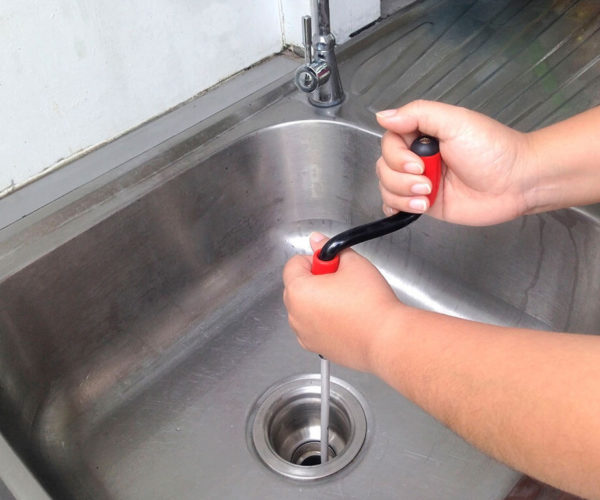
The Winter Season Can Cause Problems with Your Kitchen Sink
 Kitchen sinks
are an essential part of any household, allowing us to easily clean dishes and dispose of waste. However, during the winter season, many homeowners may encounter problems with their
kitchen sink not draining
properly. This can not only be a nuisance but also a potential health hazard if left unaddressed. So why does this happen? Let's take a closer look at some of the potential causes.
Kitchen sinks
are an essential part of any household, allowing us to easily clean dishes and dispose of waste. However, during the winter season, many homeowners may encounter problems with their
kitchen sink not draining
properly. This can not only be a nuisance but also a potential health hazard if left unaddressed. So why does this happen? Let's take a closer look at some of the potential causes.
Frozen Pipes and Clogs
 One of the most common reasons for a
kitchen sink not draining
during the winter is frozen pipes. As temperatures drop, the water in your pipes can freeze, causing blockages that prevent water from flowing freely. This is especially common in older homes with inadequate insulation. Additionally, clogs can also form in your pipes due to a buildup of grease, food particles, or other debris. These clogs can be exacerbated by colder temperatures, making it even more difficult for water to flow through your pipes.
One of the most common reasons for a
kitchen sink not draining
during the winter is frozen pipes. As temperatures drop, the water in your pipes can freeze, causing blockages that prevent water from flowing freely. This is especially common in older homes with inadequate insulation. Additionally, clogs can also form in your pipes due to a buildup of grease, food particles, or other debris. These clogs can be exacerbated by colder temperatures, making it even more difficult for water to flow through your pipes.
Low Water Pressure and Slow Drains
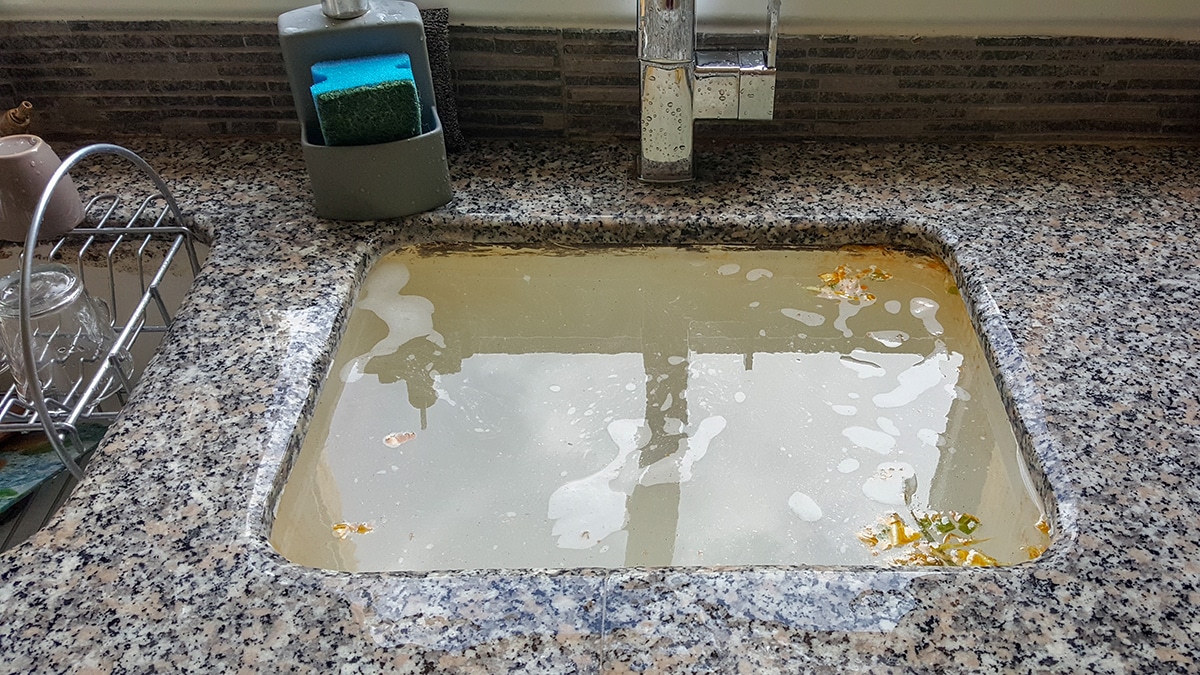 Another issue that can arise during the winter is low water pressure, which can be caused by a variety of factors. For example, if your home's water supply is coming from an outdoor source, it may be affected by freezing temperatures. In some cases, low water pressure can also be caused by a malfunctioning water pump or a leak in your plumbing system. This can result in
kitchen sinks
draining slowly or not at all.
Another issue that can arise during the winter is low water pressure, which can be caused by a variety of factors. For example, if your home's water supply is coming from an outdoor source, it may be affected by freezing temperatures. In some cases, low water pressure can also be caused by a malfunctioning water pump or a leak in your plumbing system. This can result in
kitchen sinks
draining slowly or not at all.
Solutions for a Kitchen Sink Not Draining During the Winter
 If you're experiencing problems with your
kitchen sink not draining
during the winter, there are a few things you can do to address the issue. First, try running hot water through your sink to help melt any ice or grease buildup in your pipes. You can also try using a plunger or drain snake to dislodge any clogs. If these solutions don't work, it may be time to call a professional plumber who can assess the situation and provide a more permanent fix.
If you're experiencing problems with your
kitchen sink not draining
during the winter, there are a few things you can do to address the issue. First, try running hot water through your sink to help melt any ice or grease buildup in your pipes. You can also try using a plunger or drain snake to dislodge any clogs. If these solutions don't work, it may be time to call a professional plumber who can assess the situation and provide a more permanent fix.
Preventative Measures to Avoid Winter Drainage Issues
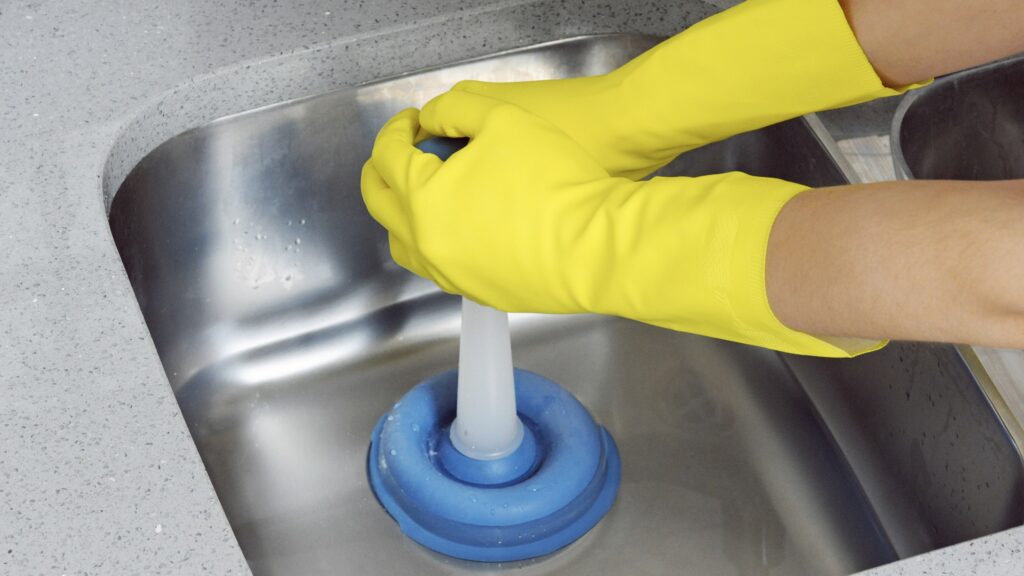 To prevent a
kitchen sink not draining
during the winter, there are a few preventative measures you can take. Make sure your pipes are properly insulated to avoid freezing, and avoid pouring hot grease or oil down your sink, as it can solidify and cause clogs. Regularly cleaning your drains with a mixture of hot water and vinegar can also help prevent buildup and keep your pipes flowing smoothly.
In conclusion, a
kitchen sink not draining
during the winter can be a frustrating issue to deal with, but by understanding the potential causes and taking preventative measures, you can avoid this problem. If you continue to experience drainage issues, don't hesitate to seek professional help. Taking care of your plumbing system can save you time, money, and potential headaches in the long run.
To prevent a
kitchen sink not draining
during the winter, there are a few preventative measures you can take. Make sure your pipes are properly insulated to avoid freezing, and avoid pouring hot grease or oil down your sink, as it can solidify and cause clogs. Regularly cleaning your drains with a mixture of hot water and vinegar can also help prevent buildup and keep your pipes flowing smoothly.
In conclusion, a
kitchen sink not draining
during the winter can be a frustrating issue to deal with, but by understanding the potential causes and taking preventative measures, you can avoid this problem. If you continue to experience drainage issues, don't hesitate to seek professional help. Taking care of your plumbing system can save you time, money, and potential headaches in the long run.




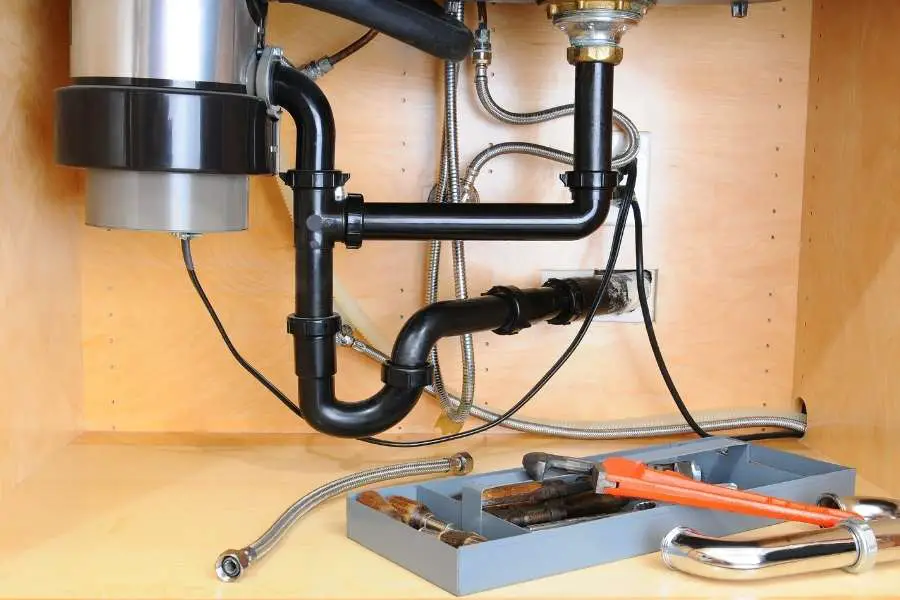





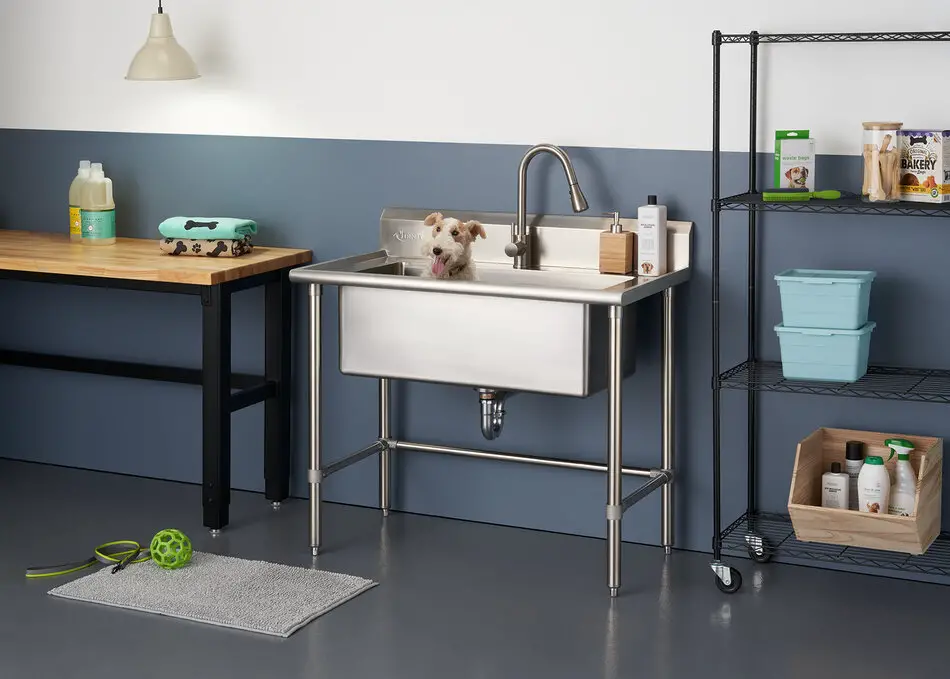



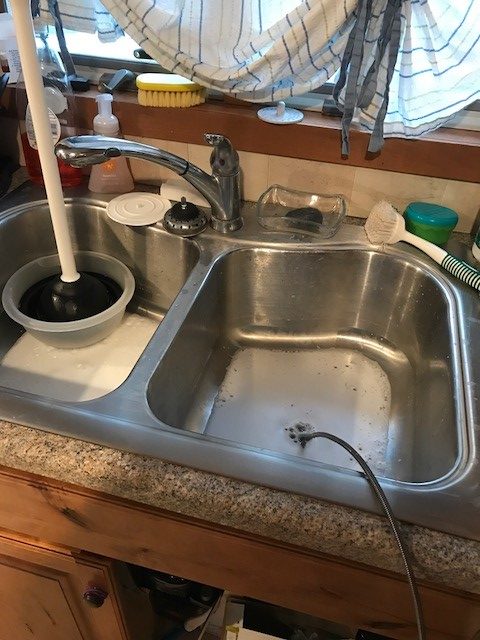
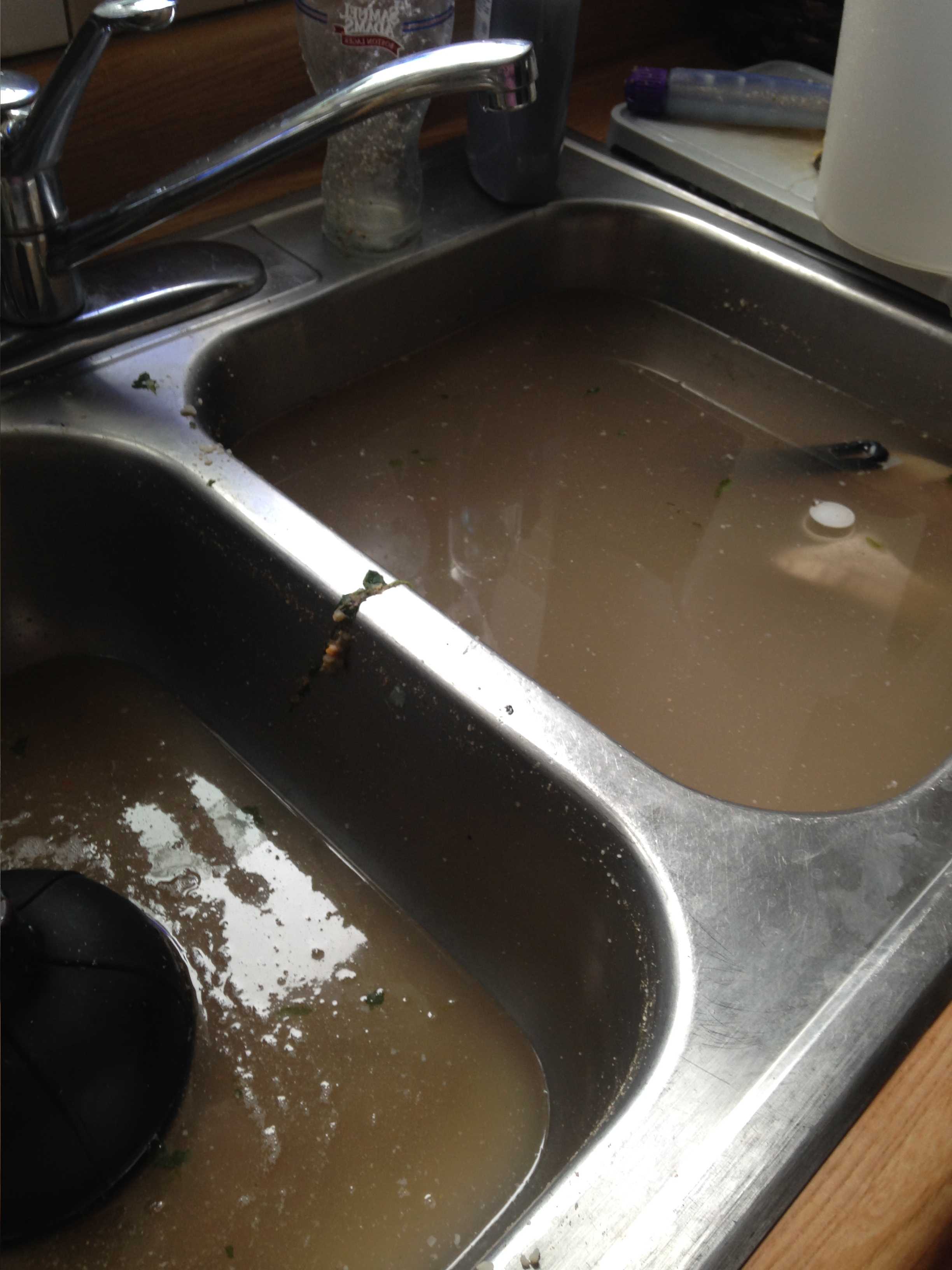




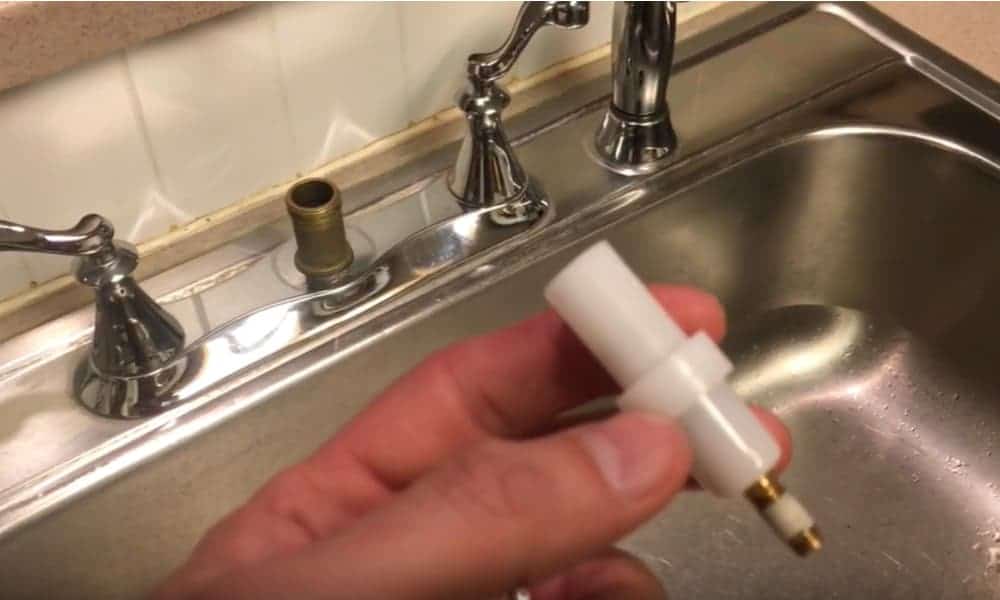




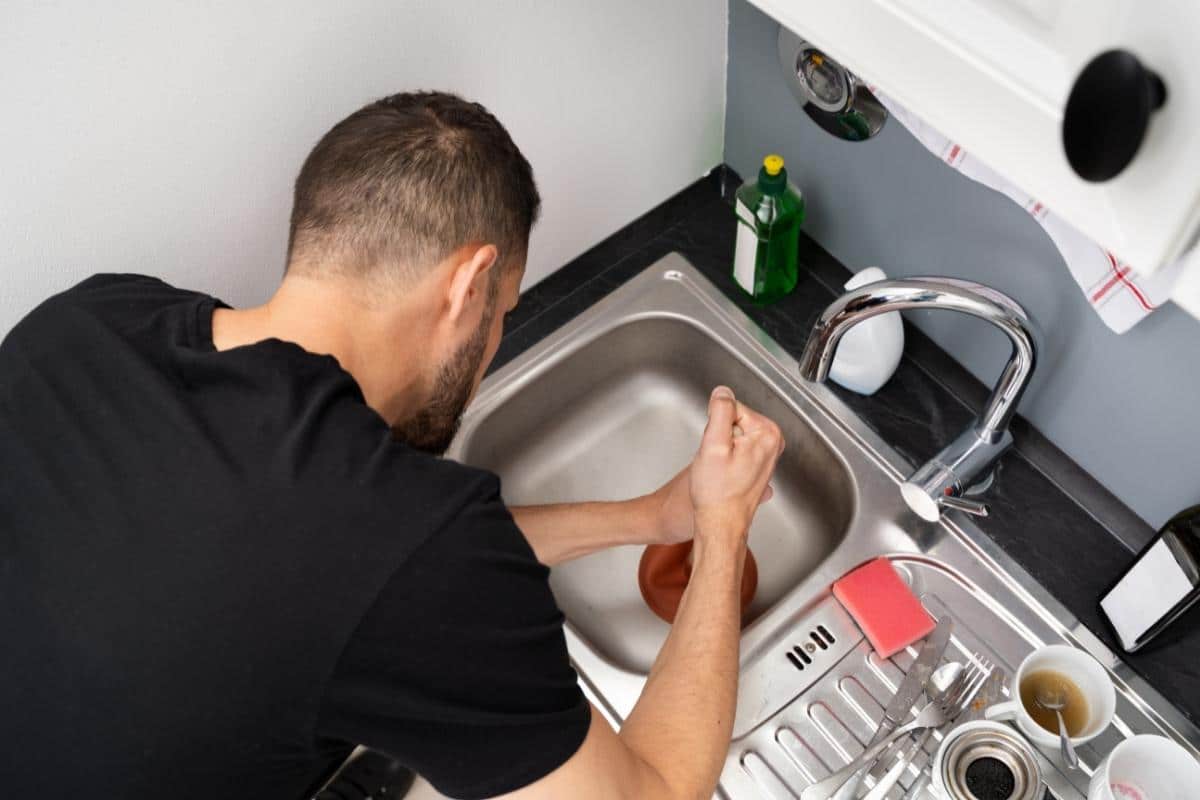






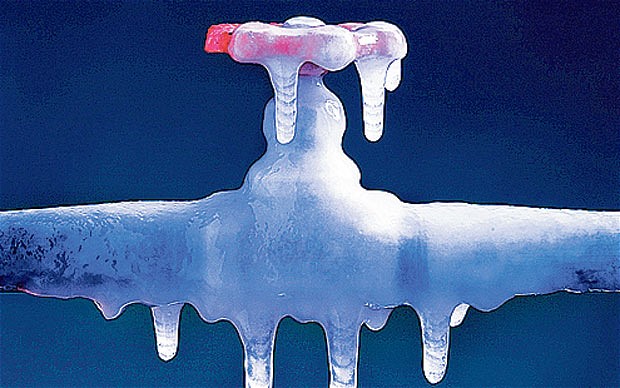


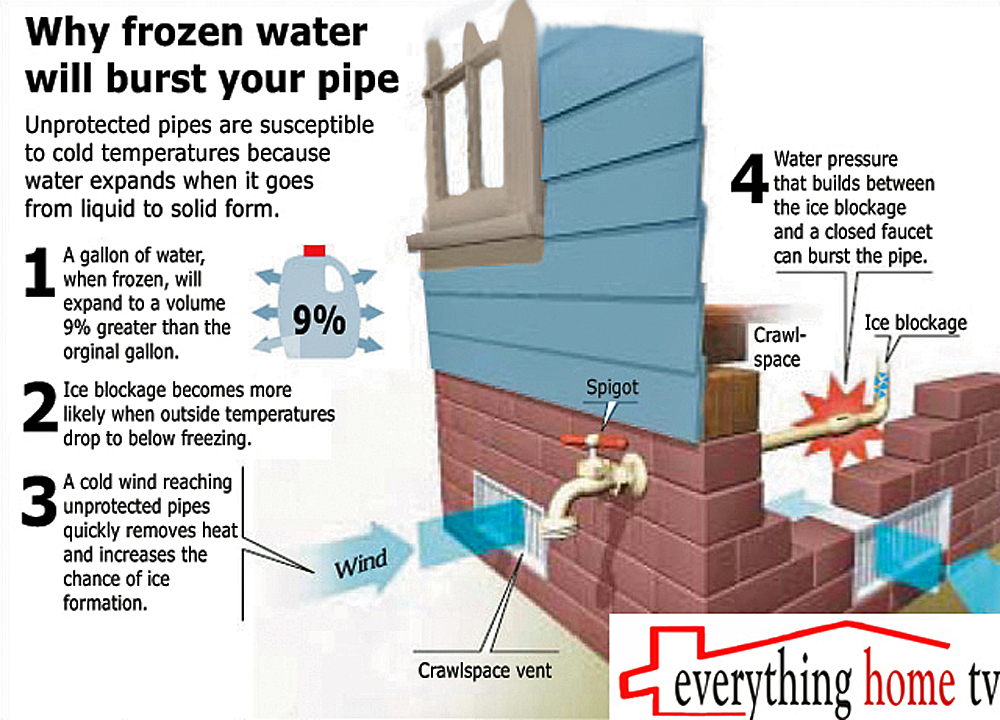



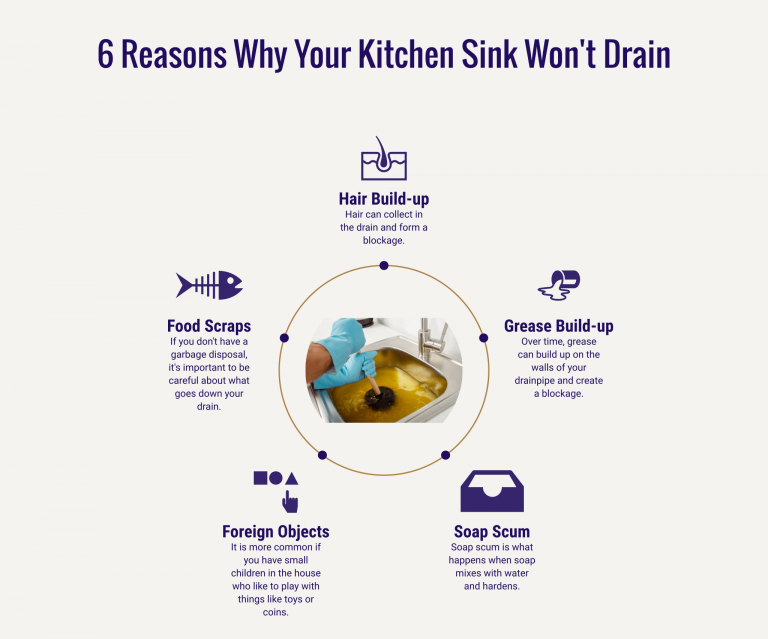
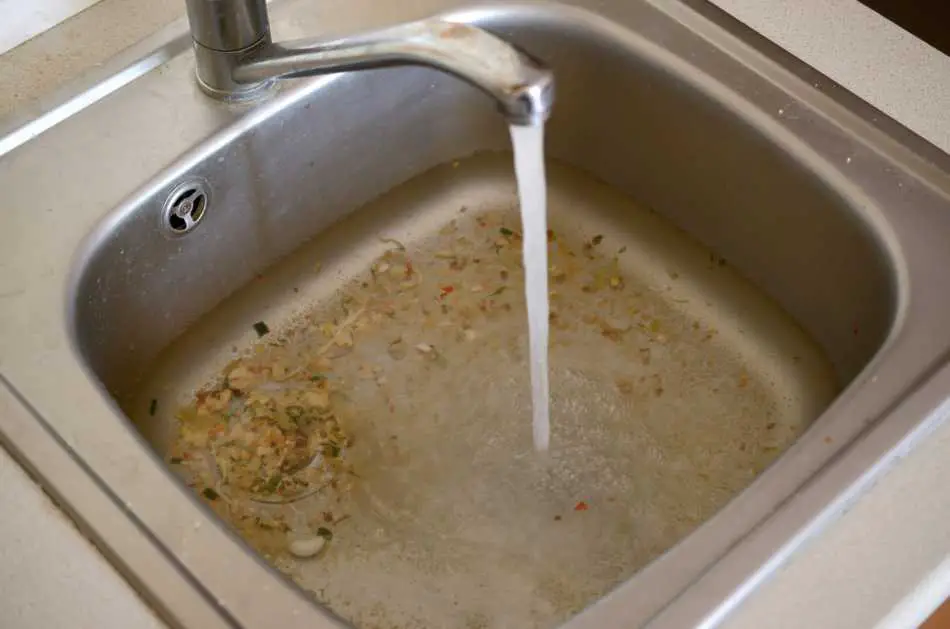
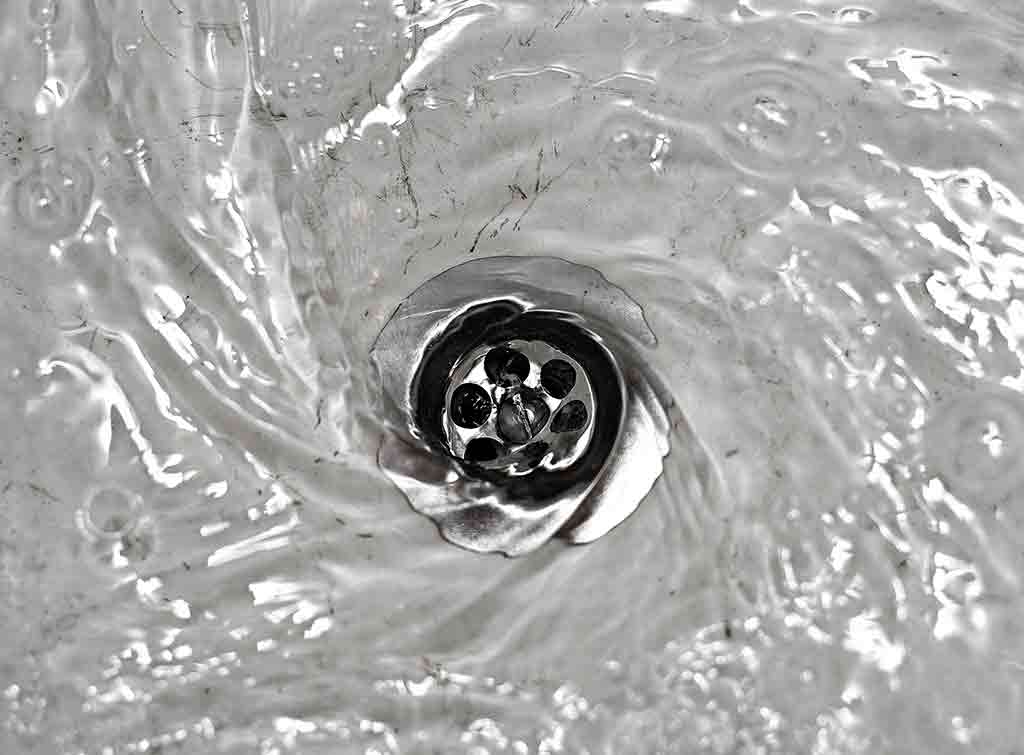

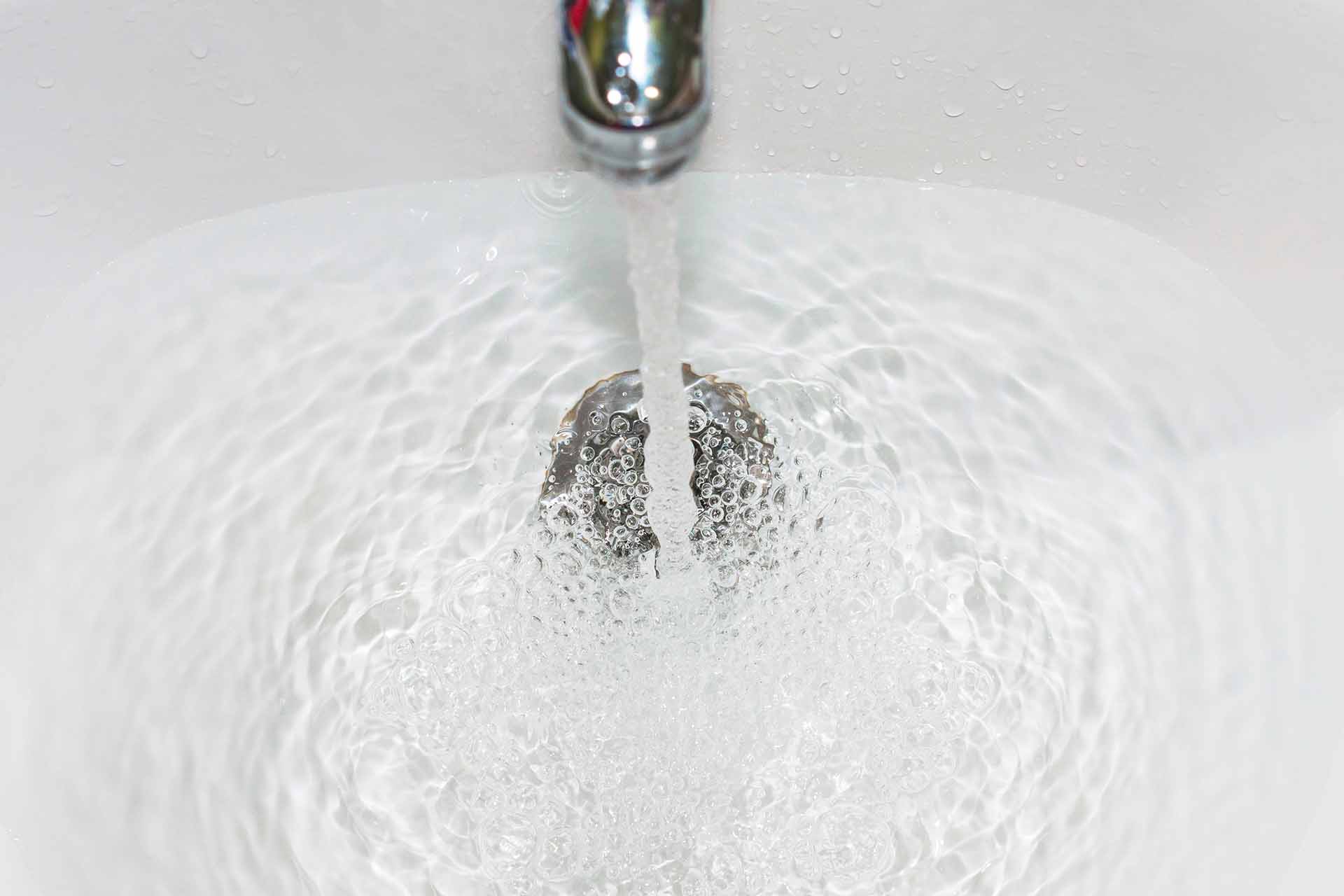
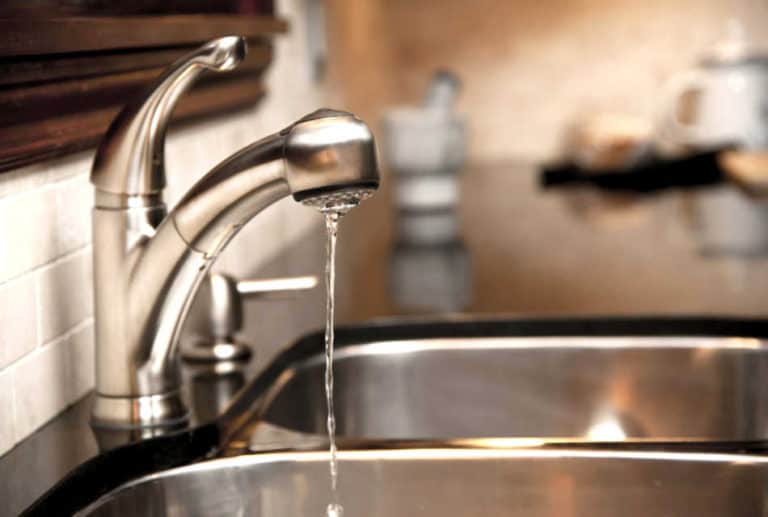



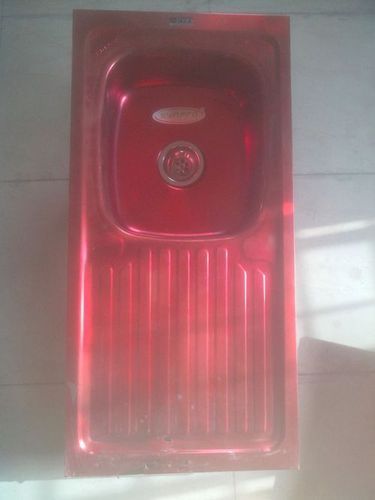

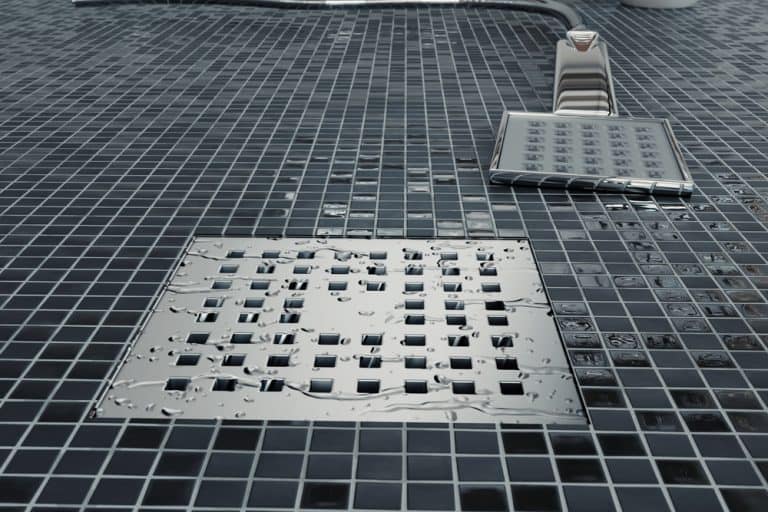
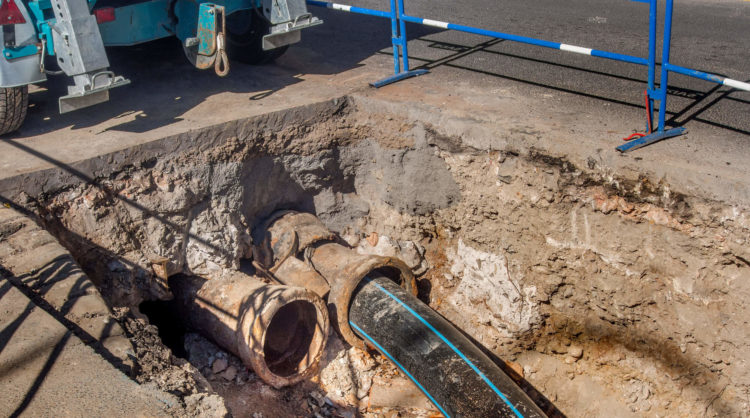
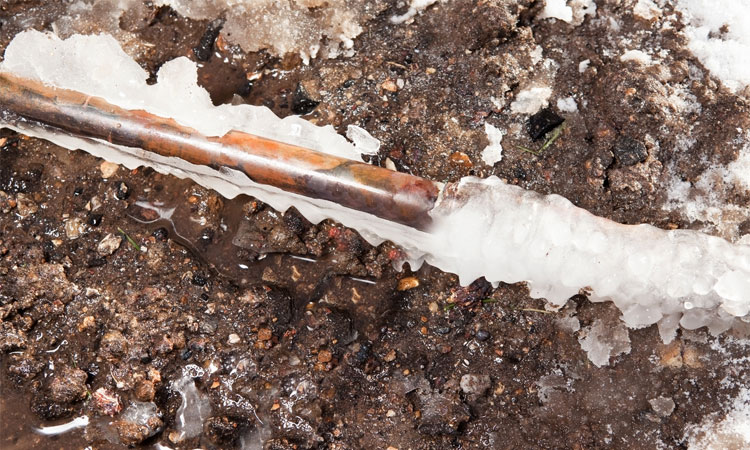
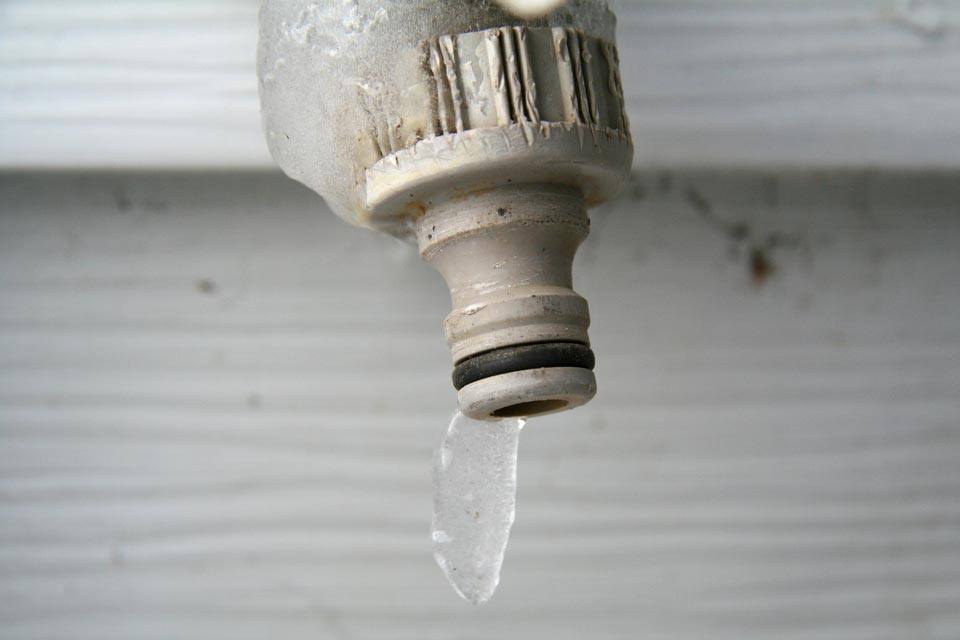

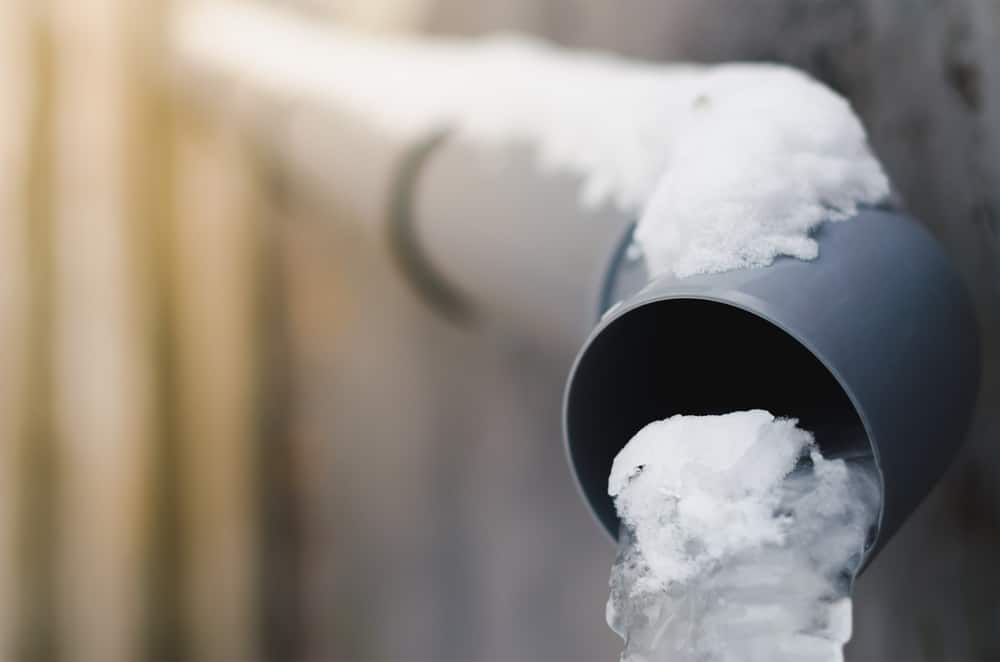
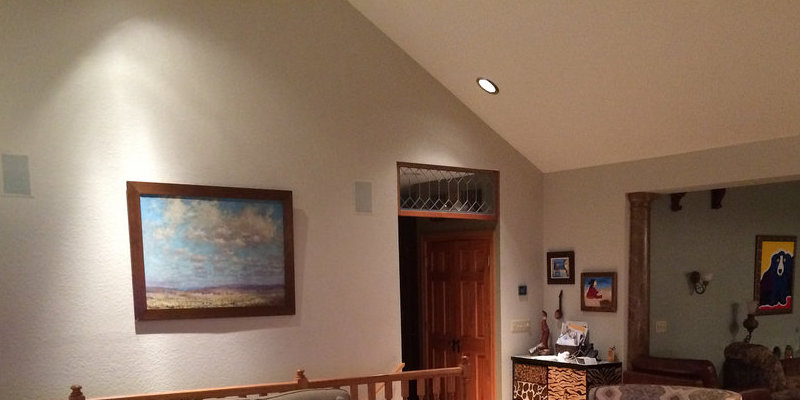

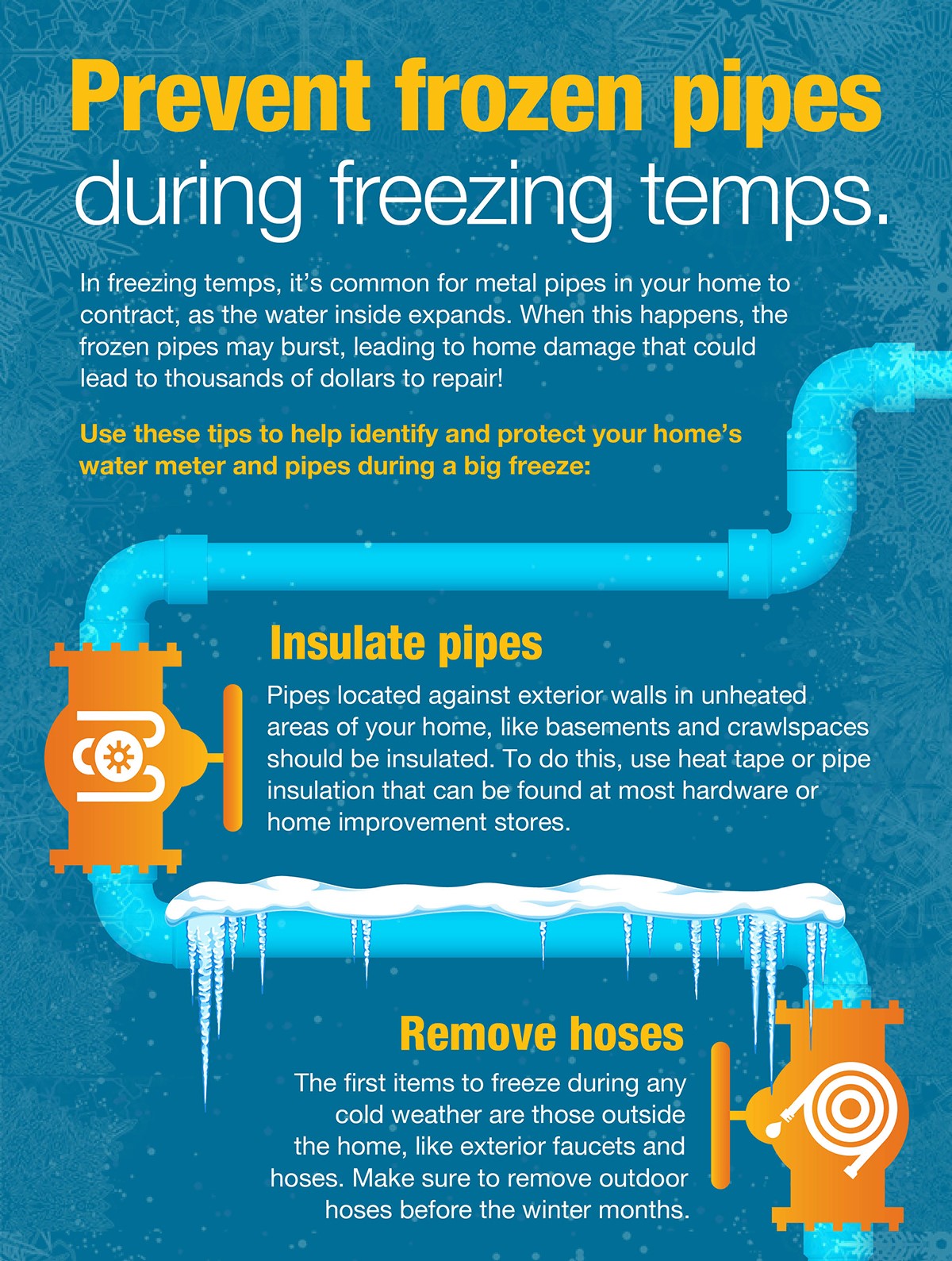
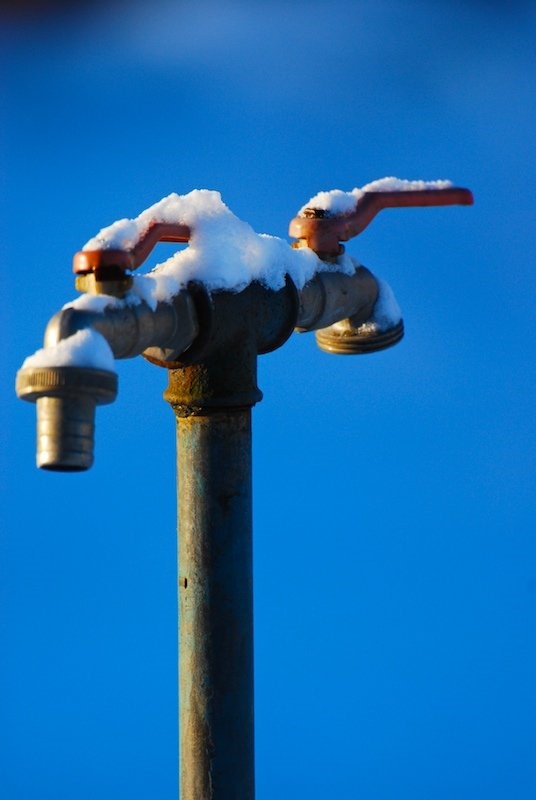



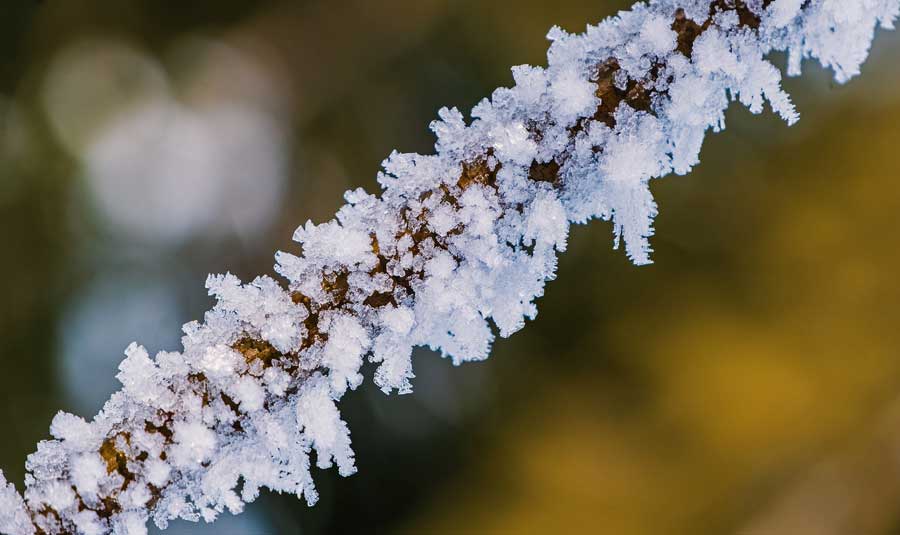
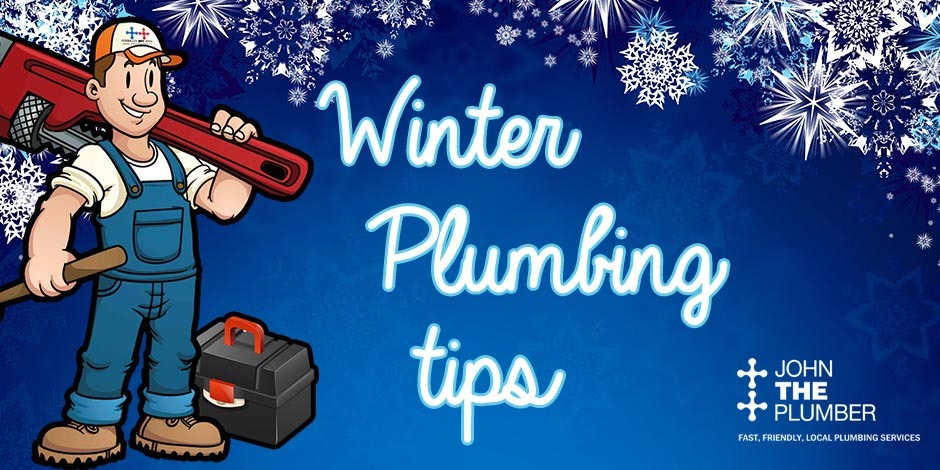








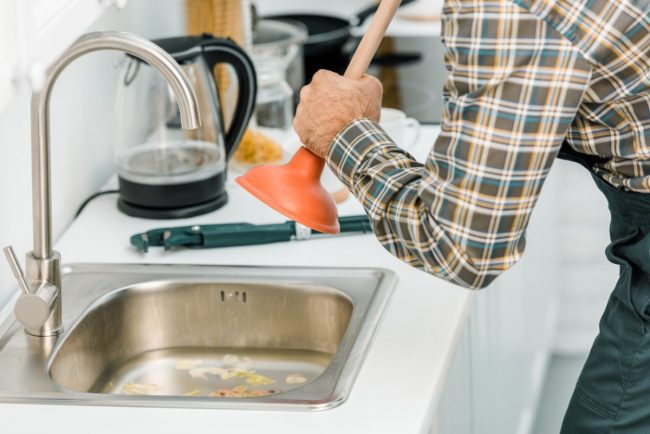










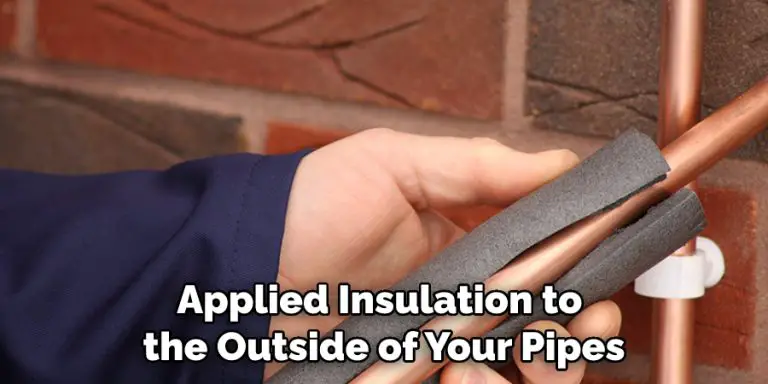
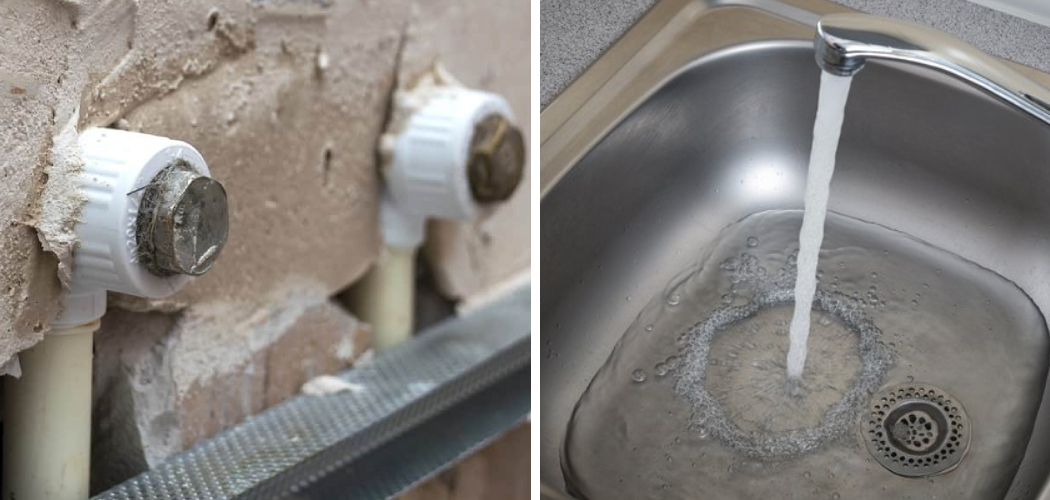
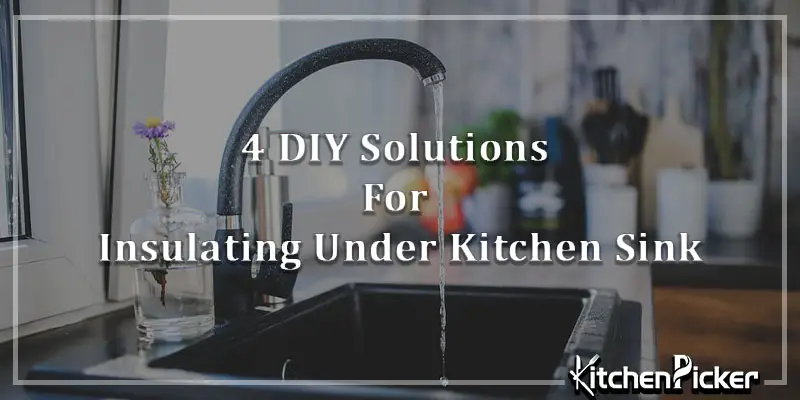

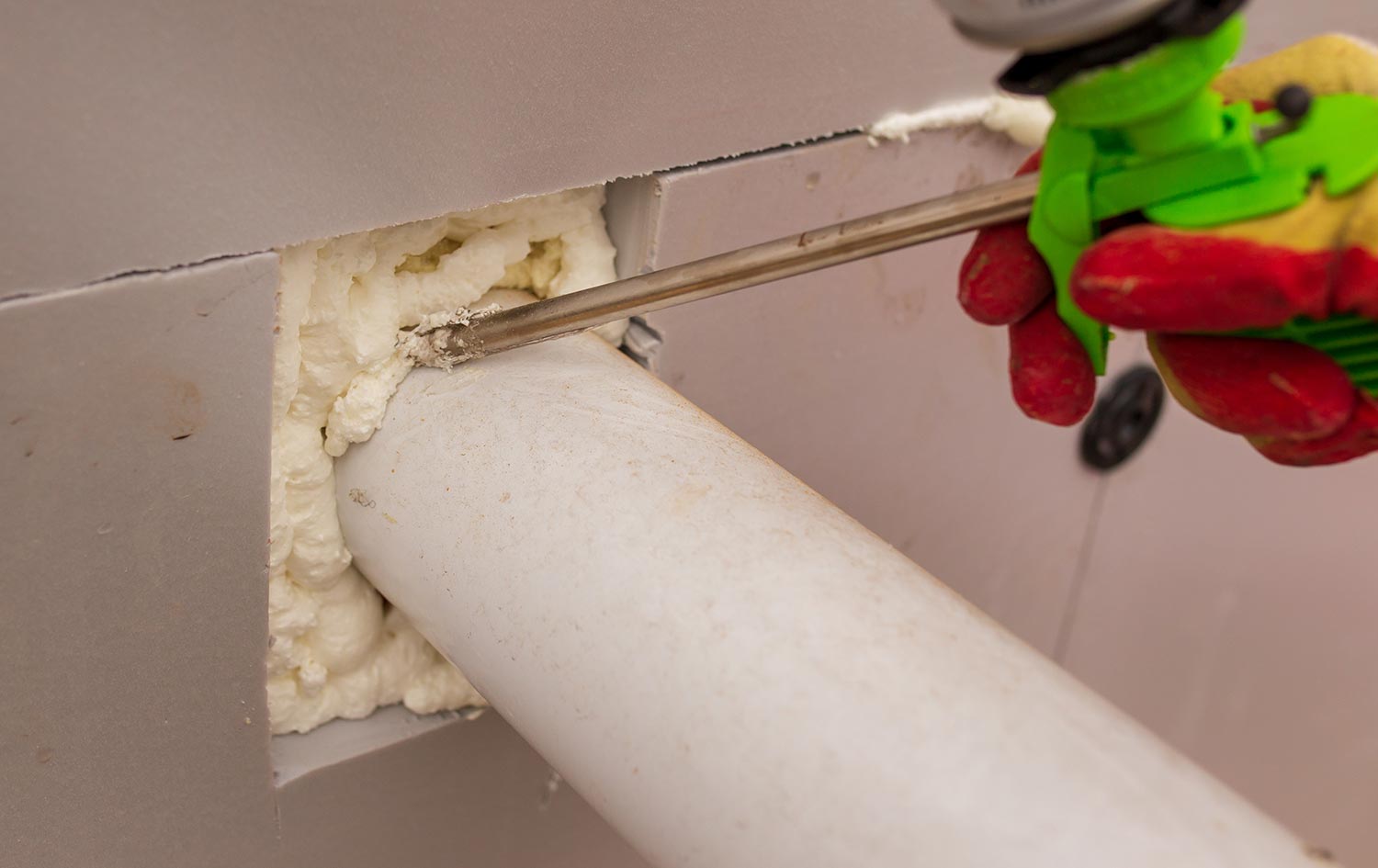
/how-to-install-a-sink-drain-2718789-hero-24e898006ed94c9593a2a268b57989a3.jpg)
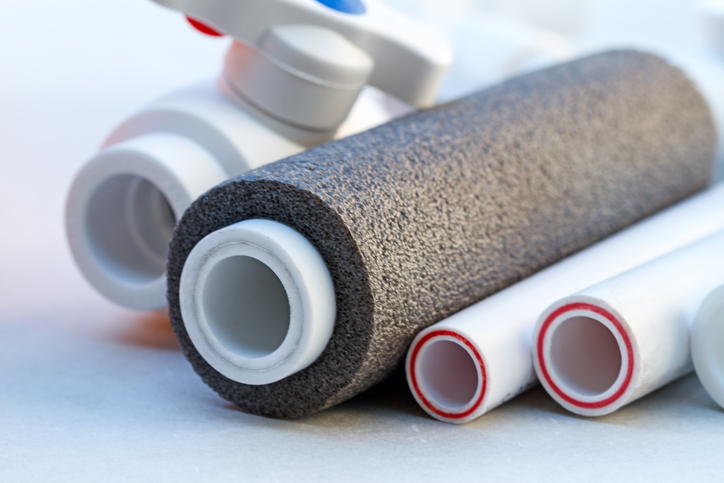

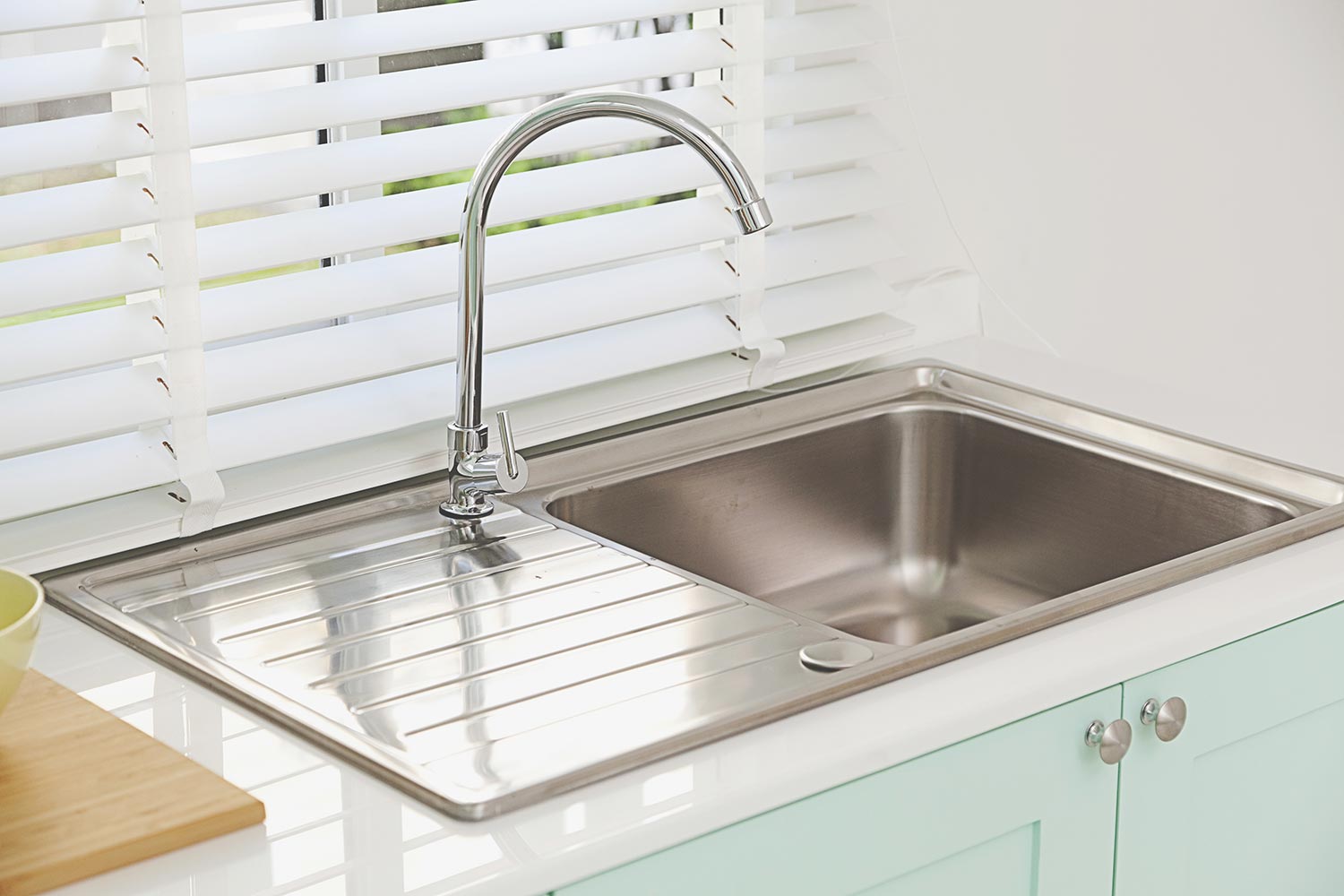







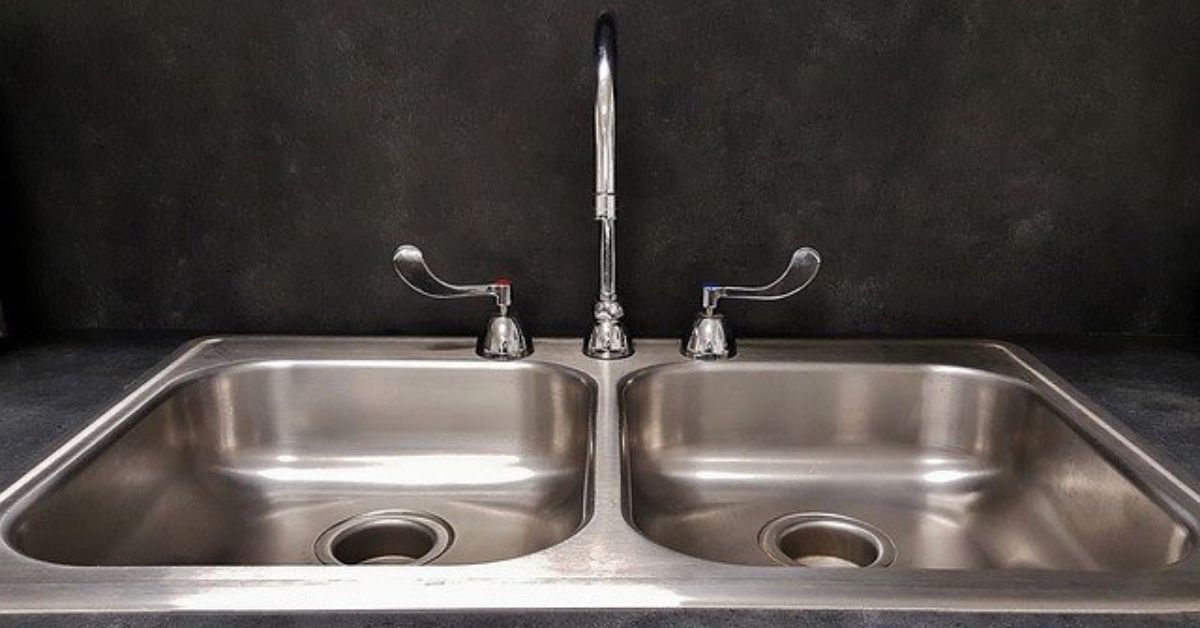




:max_bytes(150000):strip_icc()/stop-freezing-pipes-2124982-revision1-5c01a886c9e77c0001439273.png)

